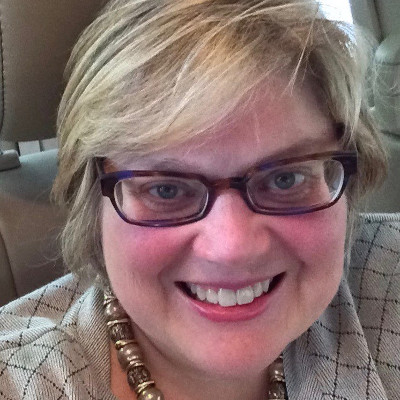Choice of Doctor for Cancer Survivor Care Does Not Match Actual Care

An artistic representation of tumor-circulating DNA in the blood
New research suggests there’s a mismatch between the type of doctors cancer survivors say they prefer for on-going cancer care and who they actually see. An American Cancer Society (ACS) study showed that most cancer survivors preferred their primary care physician (PCP) and cancer doctor (oncologist) to share their on-going cancer care and for their PCPs to take charge of their preventive health care and management of chronic health conditions. But in the last 4 years, only 60% of survivors had seen a cancer doctor, while 96% had seen a PCP. The authors suggest health systems may address this disconnect by trying to make it easier for these doctors to work together, and doctors can help patients feel more comfortable with on-going cancer care from a PCP.
The researchers used data from the American Cancer Society’s Study of Cancer Survivors-I (SCS-1), a long questionnaire answered by about 3,000 cancer-free survivors around 9 years after their diagnosis.
Covering Cancer Survivors’ Specific, Long-Term Needs
Part of the questionnaire asked cancer survivors whether they preferred their cancer doctor (medical, surgical, or radiation oncologist) or their primary care doctor (family doctor, general internist, or noncancer specialist) to lead their care, or share it, for four types of care. Most long-term cancer survivors preferred that their PCPs and oncologists share care for follow-up (63%) and screening for new cancers (65%). The majority preferred a PCP to lead preventive care (77%) and management of chronic or comorbid conditions (83%). However, only 42% of cancer survivors said they had seen a cancer doctor in the last year. In comparison, 87% said they had seen a primary care physician.
“The discrepancy means that despite their stated preferences, many cancer survivors were having all their health care, including follow-up cancer care, managed by a PCP. That highlights the important role PCPs could play in survivor care,” said Tenbroeck G. Smith, MA. He’s a senior principal scientist in the Behavioral Research Center at the American Cancer Society and the lead author of the study.
Simplifying Shared Care and Prioritizing Oncology Care
“Given the greater costs associated with specialist care and looming shortages of oncologists, more visits with oncologists for long-term survivors is probably not the solution,” said Smith.
Improved coordination of care. Smith suggests that health systems develop models of care that improve coordination between PCPs and cancer doctors. For example, he said, oncologists should have an e-consultation or a formal agreement to explicitly hand survivor care off to PCPs, with assurances to both the PCP and patients that they’d get re-involved when needed.
Improved transition of care. “When patient preferences can’t be reasonably honored, clinicians may help patients reach a new understanding of how to best achieve their health goals,” Smith said. For instance, the authors said:
- Early conversations between oncologists and survivors could start during treatment to begin preparing the patient to transfer into PCP care.
- Cancer doctors can try to identify PCPs with additional training or interest in cancer survivorship for their patients.
Better stratification of care. The study also found that survivors who had been diagnosed with a later stage of cancer or who feared cancer recurrence were more likely to prefer and receive oncology care. The authors point out that survivor care guidelines should take cancer severity into account. If they did, the survivors who most preferred an oncologist’s participation would probably have it. Plus, patients who get the care they want are more apt to follow their doctors’ recommendations and feel satisfied with their healthcare, he added.
Two other ACS researchers, Sara Strollo, MPH, and Corinne R. Leach, PhD, were co-authors, along with researchers from the Yale School of Public Health, Ontario Institute for Cancer Research, and Brigham & Women’s Hospital in Boston.
ACS Support for PCPs Leading Survivorship Care
ACS offers Guidelines for comprehensive survivorship care for four cancers: breast, colorectal, prostate, and head and neck.
- Helpful resources
- For health professionals
- For researchers




